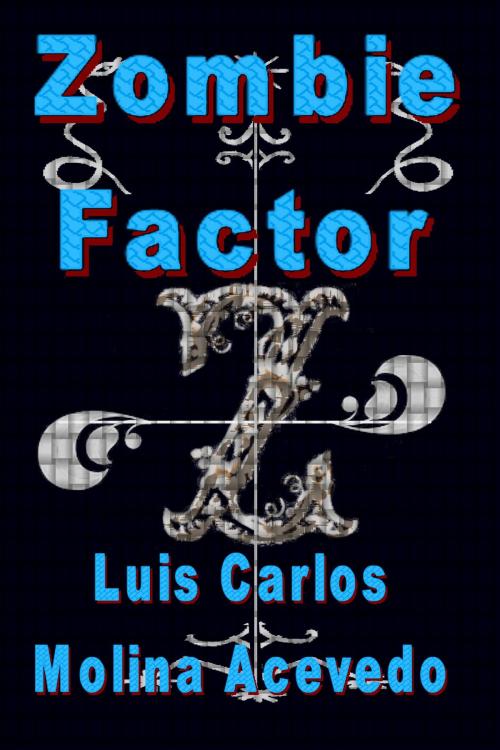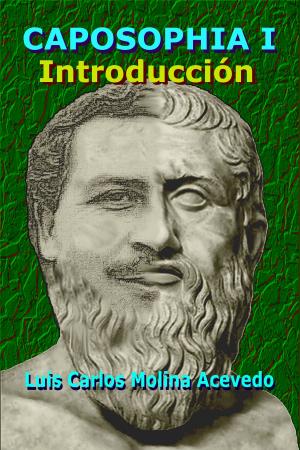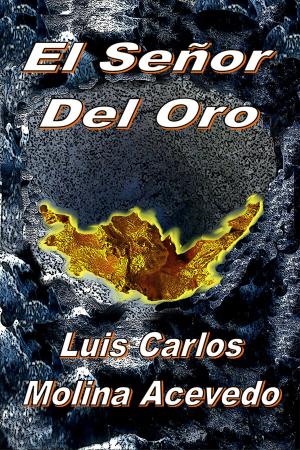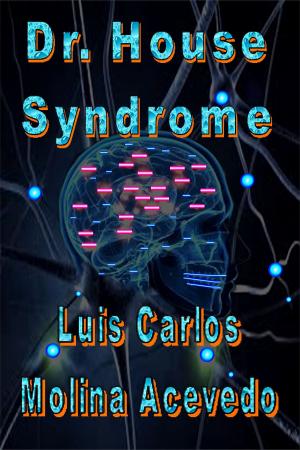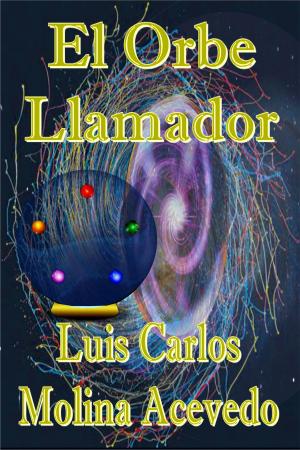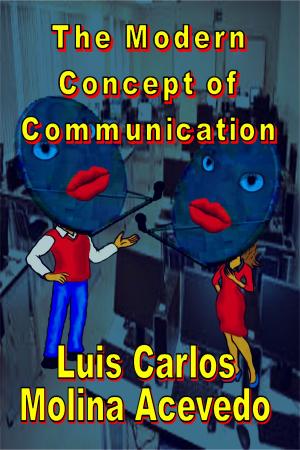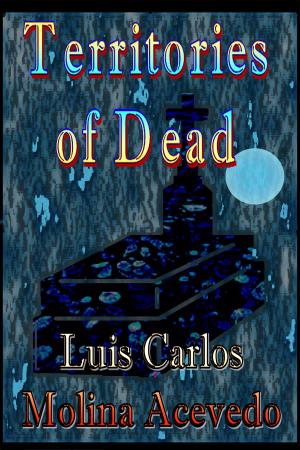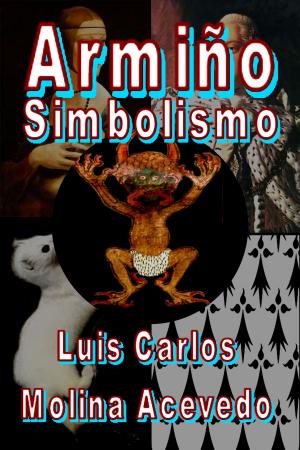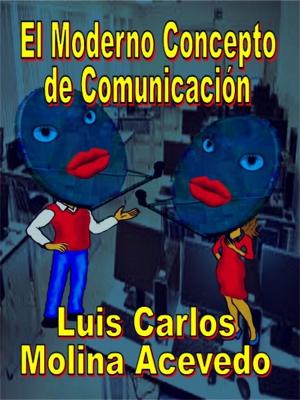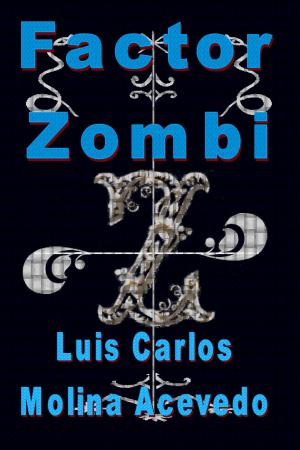| Author: | Luis Carlos Molina Acevedo | ISBN: | 9781310533020 |
| Publisher: | Luis Carlos Molina Acevedo | Publication: | March 27, 2016 |
| Imprint: | Smashwords Edition | Language: | English |
| Author: | Luis Carlos Molina Acevedo |
| ISBN: | 9781310533020 |
| Publisher: | Luis Carlos Molina Acevedo |
| Publication: | March 27, 2016 |
| Imprint: | Smashwords Edition |
| Language: | English |
ZOMBIE FACTOR is a study about the determinant factor of changing in people and society. In people are presented as indicative of a biological change in puberty. It is the transition from child to adult. In societies it occurs when human groups reach the top of the social organization and begins the decline until the dissolution of the social model.
This factor is essentially characterized by two readily observable characteristics, isolation and automation. Isolation is a psychic character and is marked by a complete apathy of the person towards everything and everyone. The automation instead is physical character. It is identified by a low mobility of joints and high stiffness when walking. The person seems an automaton when him move. In many cases drag his feet when walking. In addition to these two features, here we will study ten traits for a total of twelve toward characterization of Zombie Factor.
We make a trace of the features of Zombie Factor through the culture of the living dead. Then, we consider the features itself of Zombie Factor. And finally, we trait apply them to the study of historical transitions from Antiquity to the Middle Ages, from there to Modernity and from there to Postmodernism. These periods of the history of mankind is characterized by a strong manifestation of Zombie Factor.
ZOMBIE FACTOR is a study about the determinant factor of changing in people and society. In people are presented as indicative of a biological change in puberty. It is the transition from child to adult. In societies it occurs when human groups reach the top of the social organization and begins the decline until the dissolution of the social model.
This factor is essentially characterized by two readily observable characteristics, isolation and automation. Isolation is a psychic character and is marked by a complete apathy of the person towards everything and everyone. The automation instead is physical character. It is identified by a low mobility of joints and high stiffness when walking. The person seems an automaton when him move. In many cases drag his feet when walking. In addition to these two features, here we will study ten traits for a total of twelve toward characterization of Zombie Factor.
We make a trace of the features of Zombie Factor through the culture of the living dead. Then, we consider the features itself of Zombie Factor. And finally, we trait apply them to the study of historical transitions from Antiquity to the Middle Ages, from there to Modernity and from there to Postmodernism. These periods of the history of mankind is characterized by a strong manifestation of Zombie Factor.
